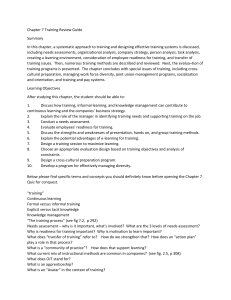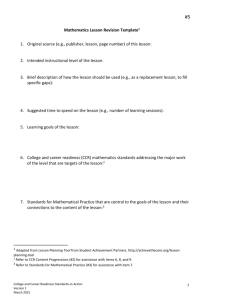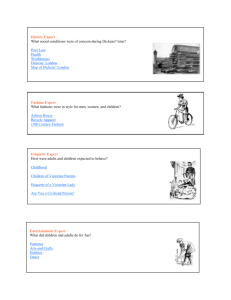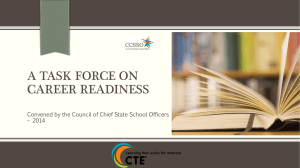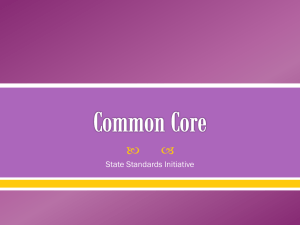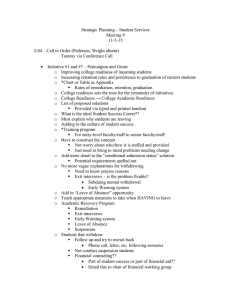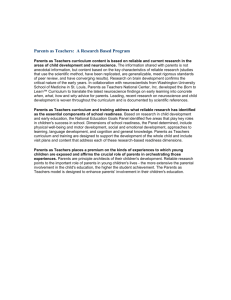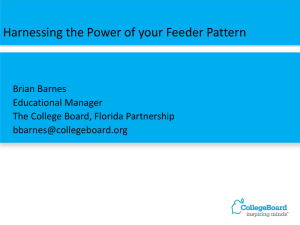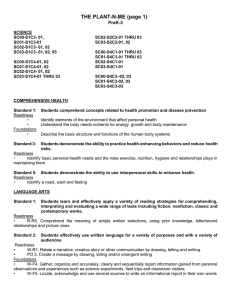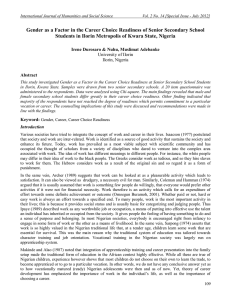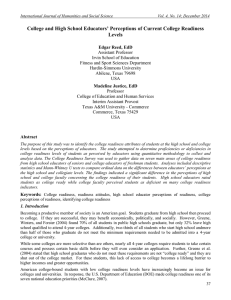Great Expectations Curriculum Map - WaterfieldPre
advertisement
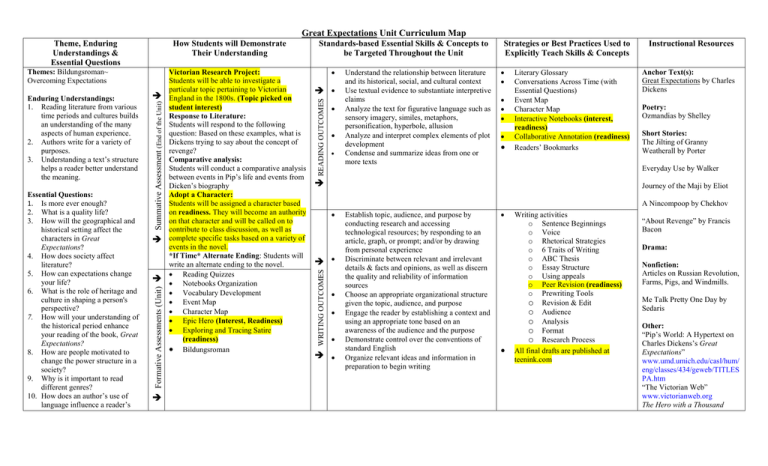
Great Expectations Unit Curriculum Map Essential Questions: 1. Is more ever enough? 2. What is a quality life? 3. How will the geographical and historical setting affect the characters in Great Expectations? 4. How does society affect literature? 5. How can expectations change your life? 6. What is the role of heritage and culture in shaping a person's perspective? 7. How will your understanding of the historical period enhance your reading of the book, Great Expectations? 8. How are people motivated to change the power structure in a society? 9. Why is it important to read different genres? 10. How does an author’s use of language influence a reader’s Formative Assessments (Unit) Enduring Understandings: 1. Reading literature from various time periods and cultures builds an understanding of the many aspects of human experience. 2. Authors write for a variety of purposes. 3. Understanding a text’s structure helps a reader better understand the meaning. Summative Assessment (End of the Unit) Themes: Bildungsroman~ Overcoming Expectations Victorian Research Project: Students will be able to investigate a particular topic pertaining to Victorian England in the 1800s. (Topic picked on student interest) Response to Literature: Students will respond to the following question: Based on these examples, what is Dickens trying to say about the concept of revenge? Comparative analysis: Students will conduct a comparative analysis between events in Pip’s life and events from Dicken’s biography Adopt a Character: Students will be assigned a character based on readiness. They will become an authority on that character and will be called on to contribute to class discussion, as well as complete specific tasks based on a variety of events in the novel. *If Time* Alternate Ending: Students will write an alternate ending to the novel. Reading Quizzes Notebooks Organization Vocabulary Development Event Map Character Map Epic Hero (Interest, Readiness) Exploring and Tracing Satire (readiness) Bildungsroman Standards-based Essential Skills & Concepts to be Targeted Throughout the Unit READING OUTCOMES How Students will Demonstrate Their Understanding Understand the relationship between literature and its historical, social, and cultural context Use textual evidence to substantiate interpretive claims Analyze the text for figurative language such as sensory imagery, similes, metaphors, personification, hyperbole, allusion Analyze and interpret complex elements of plot development Condense and summarize ideas from one or more texts Strategies or Best Practices Used to Explicitly Teach Skills & Concepts Literary Glossary Conversations Across Time (with Essential Questions) Event Map Character Map Interactive Notebooks (interest, readiness) Collaborative Annotation (readiness) Readers’ Bookmarks Instructional Resources Anchor Text(s): Great Expectations by Charles Dickens Poetry: Ozmandias by Shelley Short Stories: The Jilting of Granny Weatherall by Porter Everyday Use by Walker Journey of the Maji by Eliot A Nincompoop by Chekhov WRITING OUTCOMES Theme, Enduring Understandings & Essential Questions Establish topic, audience, and purpose by conducting research and accessing technological resources; by responding to an article, graph, or prompt; and/or by drawing from personal experience Discriminate between relevant and irrelevant details & facts and opinions, as well as discern the quality and reliability of information sources Choose an appropriate organizational structure given the topic, audience, and purpose Engage the reader by establishing a context and using an appropriate tone based on an awareness of the audience and the purpose Demonstrate control over the conventions of standard English Organize relevant ideas and information in preparation to begin writing Writing activities o Sentence Beginnings o Voice o Rhetorical Strategies o 6 Traits of Writing o ABC Thesis o Essay Structure o Using appeals o Peer Revision (readiness) o Prewriting Tools o Revision & Edit o Audience o Analysis o Format o Research Process All final drafts are published at teenink.com “About Revenge” by Francis Bacon Drama: Nonfiction: Articles on Russian Revolution, Farms, Pigs, and Windmills. Me Talk Pretty One Day by Sedaris Other: “Pip’s World: A Hypertext on Charles Dickens’s Great Expectations” www.umd.umich.edu/casl/hum/ eng/classes/434/geweb/TITLES PA.htm “The Victorian Web” www.victorianweb.org The Hero with a Thousand *** All Highlighted pieces are new DI lessons SPEAKING & LISTENING OUTCOMES Great Expectations Unit Curriculum Map understanding of a text? Students will listen, speak, read, and write for information and understanding. Students will relate texts and performances to their own lives; and develop an understanding of the diverse social, historical, and cultural dimensions the texts and performances represent. Students will listen, speak, read, and write for critical analysis and evaluation. Cooperative Learning Groups (based on readiness) Class Discussion Faces. www.JosephCampbell.org/mon omyth
